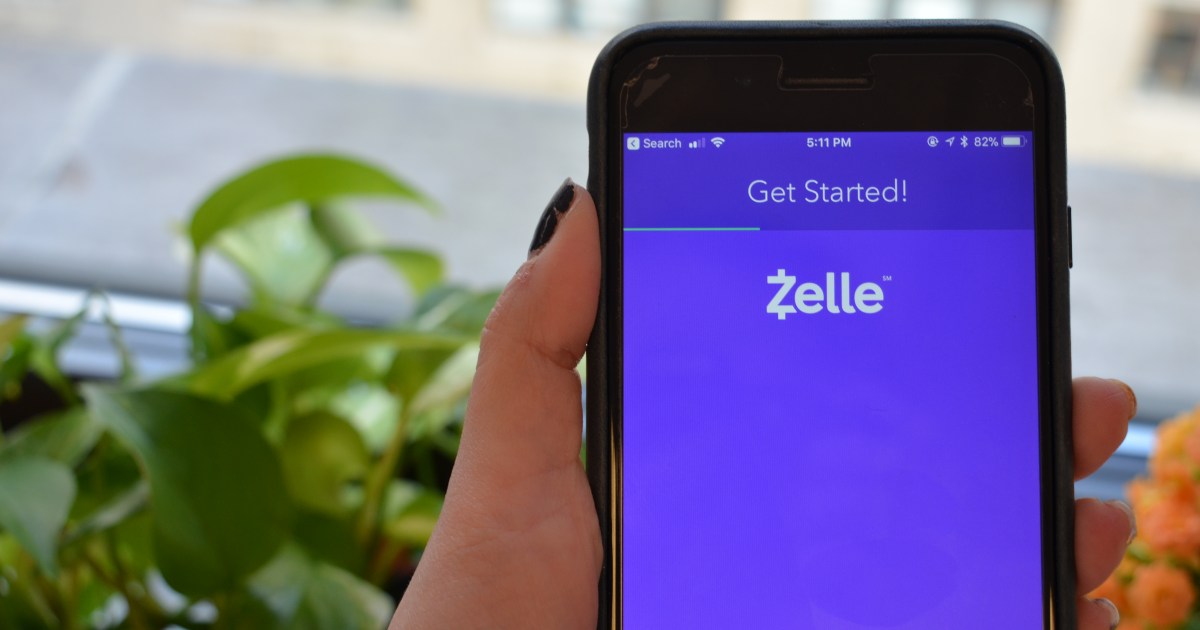Chase Bank is implementing new restrictions on Zelle payments to sellers on social media platforms and messaging apps, effective March 23, 2024. This change aims to protect consumers from online scams and fraud.
This policy update, announced on Monday and reported by Bleeding Computer, clarifies that Zelle is intended for payments between trusted individuals like friends and family, not for transactions with unfamiliar sellers met on social media platforms like Instagram and TikTok.
Chase’s updated user policy explicitly states: “To help protect you from fraud and scams, the Zelle Service should be used for payments between friends, family, and others you trust and should not be used to pay for goods from recipients with whom you are not familiar.” The policy further emphasizes that Zelle is not designed for purchases from retailers or merchants, particularly those operating on social media marketplaces or messaging apps. Chase reserves the right to delay, decline, or block Zelle payments identified as originating from social media contacts.
This move comes two months after the Consumer Financial Protection Bureau (CFPB) filed a lawsuit against Zelle, Chase, Wells Fargo, and Bank of America. The CFPB accused these institutions of failing to adequately protect consumers from fraud on the Zelle network. The lawsuit alleges that Early Warning Systems, the company operating Zelle, prioritized rapid market entry to compete with platforms like PayPal and Venmo, neglecting crucial fraud prevention measures. Consequently, customers of these banks reportedly lost $870 million since Zelle’s 2017 launch due to inadequate investigation and reimbursement procedures for fraud-related claims involving Zelle.
While Zelle offers a convenient payment method for purchasing unique items from small businesses on social media platforms, this restriction prioritizes user safety and security. Many individuals utilize Zelle to support small businesses and acquire goods not readily available on mainstream platforms like Amazon. However, this new policy aims to mitigate the risks associated with transactions conducted with unfamiliar parties on social media.










